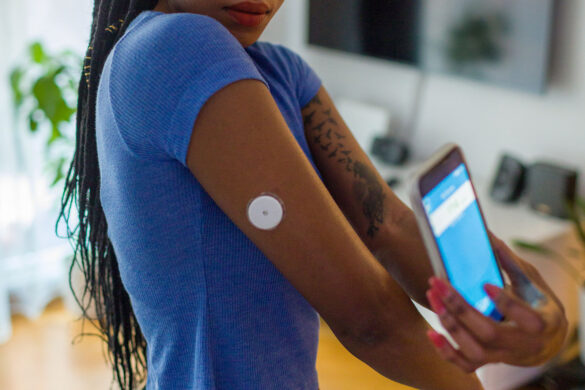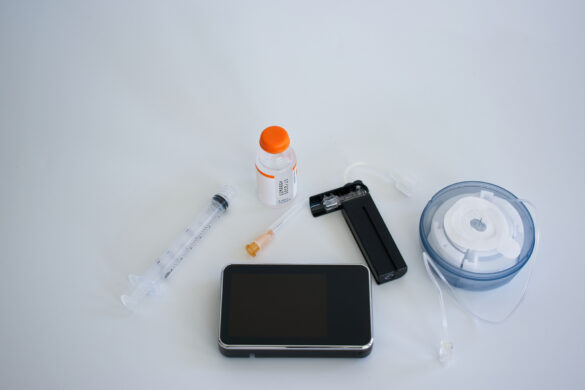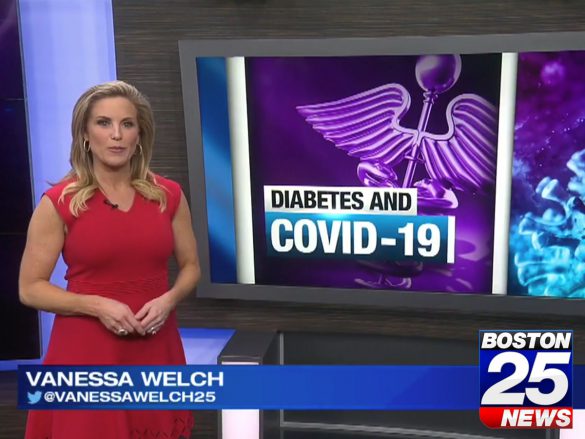Work from the T1D Exchange Quality Improvement Collaborative in the Spotlight at the ADA’s 84th Scientific Sessions
T1D Exchange was honored to join top scientists, providers, and industry experts in the diabetes space from June 21-24 at…
Ask-a-Scientist: All About Autoimmunity & Type 1 Diabetes
Welcome to the first of our Ask-a-Scientist Series! A few weeks ago, we posed a question to our Online Community:…
The Color of Your Skin Should Not Affect Your Diabetes Care
The color of a person’s skin should not affect their diabetes care, but it still does. Despite so many advancements…
Our Research: Your Mental Health with T1D Should Be Part of Routine Healthcare
Editor’s Note: If you are experiencing thoughts of self-harm or suicidal ideation, text the word “NAMI” to the National Alliance…
Reaching A1c Goals: Research Says These Factors Matter Most
Your HbA1c (A1c) is one part of your toolkit as a person with type 1 diabetes (T1D). This number cannot…
FDA Approves First Drug to Delay the Full Onset of Type 1 Diabetes
The FDA approval of teplizumab — brand name Tzield — was announced today on November 17, 2022 for use in people…
Where to Find T1D Exchange at ADA’s 81st Scientific Sessions
The American Diabetes Association’s (ADA) 81st Scientific Sessions are right around the corner, and T1D Exchange is thrilled to be among the many…
Closed-Loop Study with Tandem “Artificial Pancreas” Showed Promising Results in Children
A 16-week, multi-center, randomized trial of over 100 children aged 6 to 13 at sites around the U.S. showed improved…
Boston 25 News – Boston-Based Study Blazing Trail on COVID-19 Connection to Diabetes
The ongoing outbreak of the novel respiratory disease COVID-19 has become a significant threat to global health and individuals with pre-existing medical conditions. To gain a deeper understanding of how the coronavirus is affecting people with type 1 diabetes, T1D Exchange is leading a first-of-its-kind COVID-19 research surveillance study in partnership with more than 50 …
Real World Evidence: What It Means and Why it Matters for Type 1 Diabetes
People living with type 1 diabetes learn, in many ways, to be research scientists and investigators of their own lives. We learn how slices of pizza or a plate of spaghetti affects our blood sugar, and how to mediate those effects with multiple boluses of insulin or a long-lasting dose. We discover precisely how much sugar we need to stay steady during an intense workout session.
In doing so, we begin to learn about the meaning and applications of real-world data and evidence. Modern medical and scientific research takes several different approaches to investigation, from randomized, controlled clinical trials to longitudinal, observational studies that examine how people live with various conditions and therapies in the real world.

















